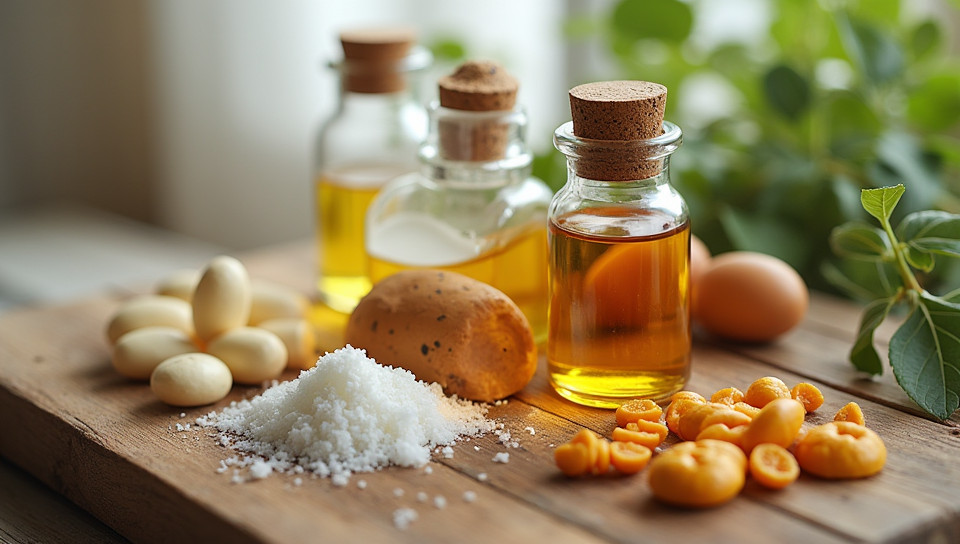Homeopathic remedies are prepared from natural substances 91%

Homeopathic Remedies: A Natural Approach to Health
In today's fast-paced world, people are becoming increasingly aware of the importance of natural remedies and holistic approaches to health. Among these, homeopathic remedies have gained significant attention for their potential to promote well-being without adverse side effects. But what exactly are homeopathic remedies, and how are they prepared from natural substances?
The Science Behind Homeopathy
Homeopathy is a system of alternative medicine that was first developed in the late 18th century by Samuel Hahnemann. It's based on the idea that "like cures like," meaning that a substance that causes symptoms in a healthy person can be used to treat similar symptoms in someone who is ill. Homeopathic remedies are highly diluted preparations that are designed to stimulate the body's natural healing processes.
Preparing Homeopathic Remedies
Homeopathic remedies are prepared from a wide range of natural substances, including plants, minerals, and animal products. These substances are selected for their unique energetic properties, which are believed to be responsible for their therapeutic effects. The preparation process involves a series of steps that involve dilution and potentization.
Steps in Preparing Homeopathic Remedies
- Starting with the raw material, homeopaths use a variety of methods to extract its active principles.
- The extracted substance is then subjected to a series of dilutions, which are typically done using water or alcohol as the solvent.
- Each dilution step involves shaking the mixture vigorously, which is believed to enhance the remedy's energetic properties.
- After several rounds of dilution and potentization, the final product is a highly diluted preparation that is thought to capture the essence of the original substance.
The Benefits of Homeopathic Remedies
Homeopathic remedies have been used for centuries to treat a wide range of health conditions, from minor ailments like colds and flu to chronic diseases like arthritis and anxiety disorders. Their popularity can be attributed to several factors, including:
- Natural origin: Homeopathic remedies are derived from natural substances, making them an attractive option for those seeking alternative approaches to healthcare.
- Low risk of side effects: Because homeopathic remedies are highly diluted, they are unlikely to cause adverse reactions or interact with other medications.
- Versatility: Homeopathic remedies can be used in conjunction with conventional treatments or as a standalone solution.
Conclusion
Homeopathic remedies offer a unique approach to health and wellness that is rooted in the principles of natural medicine. By understanding how these remedies are prepared from natural substances, we can appreciate the care and attention that goes into creating each product. Whether you're looking for a natural alternative to conventional treatments or simply seeking a more holistic approach to healthcare, homeopathic remedies may be worth considering. As we continue to explore the potential of homeopathy, it's essential to prioritize evidence-based research and rigorous testing to ensure the efficacy and safety of these remedies.
- Created by: Ambre Moreau
- Created at: Jan. 20, 2025, 12:13 p.m.
- ID: 18163

